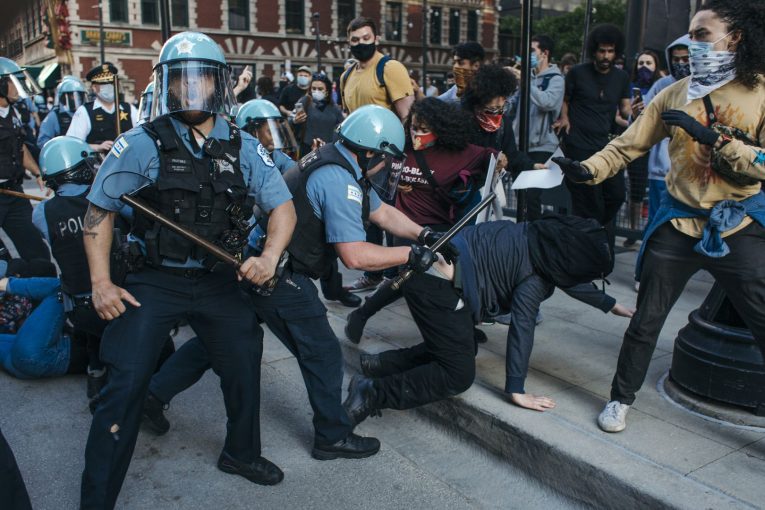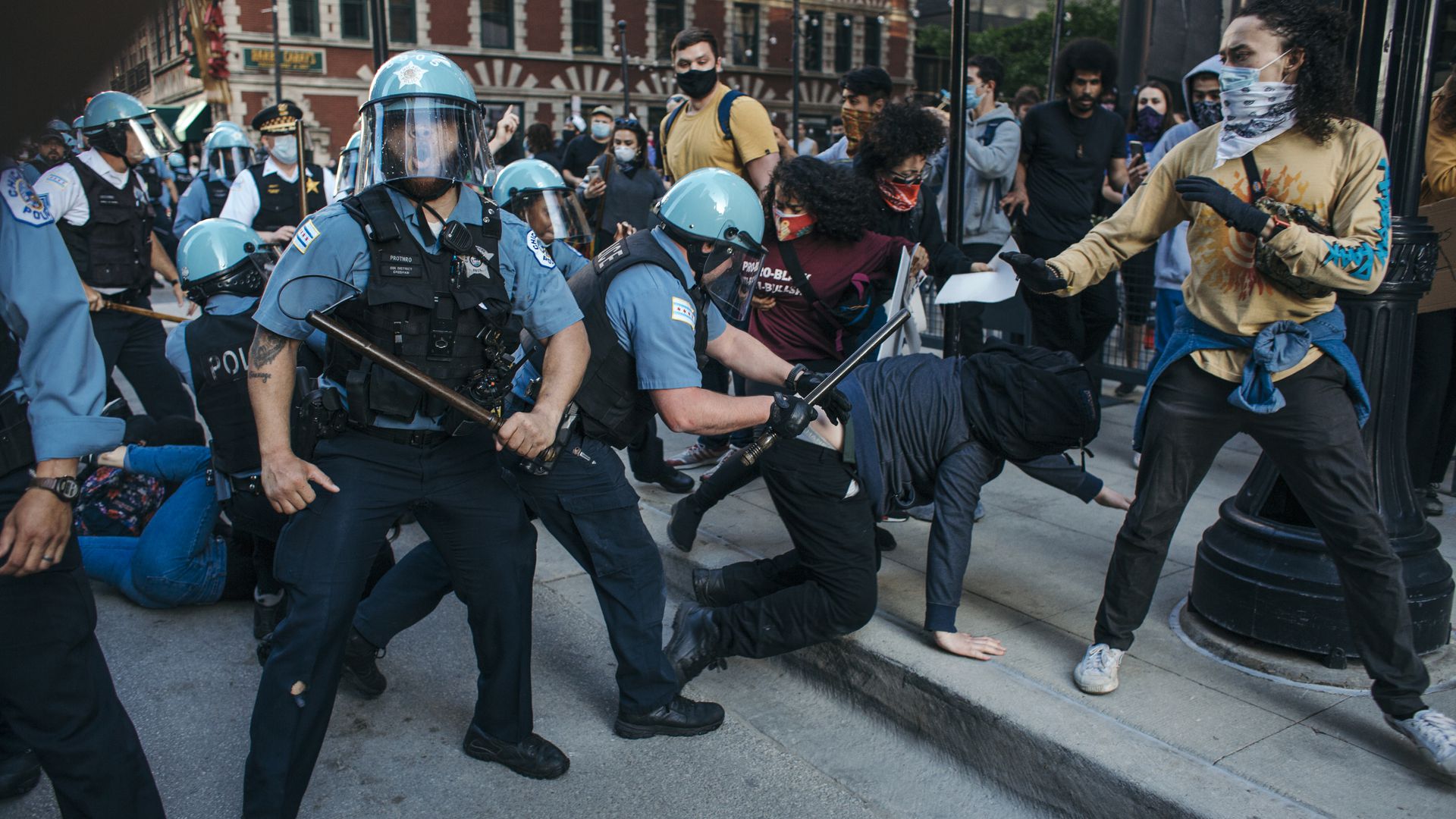

A new national poll from Data for Progress and The Lab, a policy vertical of The Appeal, shows overwhelming support among likely voters for creating non-police emergency first responders to handle emergency calls that involve mental health issues, substance use disorders, health and safety check-ins, and people experiencing homelessness—and to reallocate law enforcement funding in order to do so.
65 percent of likely voters support reallocating some of law enforcement budgets to support such non-police first responder programs, including 80 percent of Democrats, 52 percent of Republicans, and 60 percent of independent or third party voters.
Polling Results
Some cities are changing how they handle 911 calls. In these cities, depending on the type of emergency that’s going on, people may be directed to a non-police first responder. These non-police first responders are experts in addressing the following:
- Mental health issues
- Substance use disorder crises
- Check-ins for health and safety
- Someone experiencing a lack of housing

Key Context
The killing of George Floyd in Minneapolis in May 2020 and the global protests it provoked focused international attention on America’s longstanding policing crisis. Two months earlier, in Rochester, New York, Daniel Prude’s brother called the police for help while Prude was experiencing a behavioral health crisis. Daniel Prude and his family received no such help—instead, police handcuffed Prude, put a mesh bag over his head, and pushed his face into the ground until he stopped breathing, killing him. Sadly, Prude’s killing at the hands of police was not unusual. Up to 50 percent of fatal encounters with police involve mental illness.
Across the country, momentum is building to prevent these tragedies by developing non-police programs that respond to mental health and substance use disorder crises as well as issues faced by unhoused people and more general safety checks. The success of a pioneering program, Crisis Assistance Helping Out on the Streets (CAHOOTS), in Eugene, Oregon, has informed a growing consensus that armed law enforcement is often not the best tool for responding to a range of requests for emergency assistance.
The CAHOOTS model has served as a blueprint for emergency first response programs across the country. Pilot programs have emerged in Austin, San Francisco, Portland, Rochester, and Albuquerque. And additional emergency first response programs are being considered in Chicago and Harlem in New York City, among other cities. State legislators in Oregon are considering legislation to take the CAHOOTS model statewide, with broad support.
There is also energy behind funding non-police emergency first responders at the federal level. The recent 2021 COVID-19 Stimulus Package, the American Rescue Plan, offers up to an 85 percent reimbursement to communities for the costs of creating CAHOOTS-like emergency first response mechanisms to handle 911 calls instead of the police. In February, eight senators including Senator Ron Wyden of Oregon re-introduced a bill that would provide funding to scale non-police emergency response across the country for behavioral and mental crises.
Polling Methodology
From March 5 to March 7, 2021, Data for Progress conducted a survey of 1429 likely voters nationally using web panel respondents. The sample was weighted to be representative of likely voters by age, gender, education, race, and voting history. The survey was conducted in English. The margin of error is ±3 percentage points.
This is really interesting polling. On the softer “defund” they find that even 52 percent of Republicans support it.
But even on the harder defund, Republicans are just a -6, close to break-even and everyone else including whites overall are massively in favor.
This is the kind of progress we need to be making. Using the appropriate resources to handle specific situations. We are starting to see a change in the right direction with these polls. The public is starting to see that something needs to be done about the general disregard to low-income public safety that has so clearly been going on in police departments all across the country.